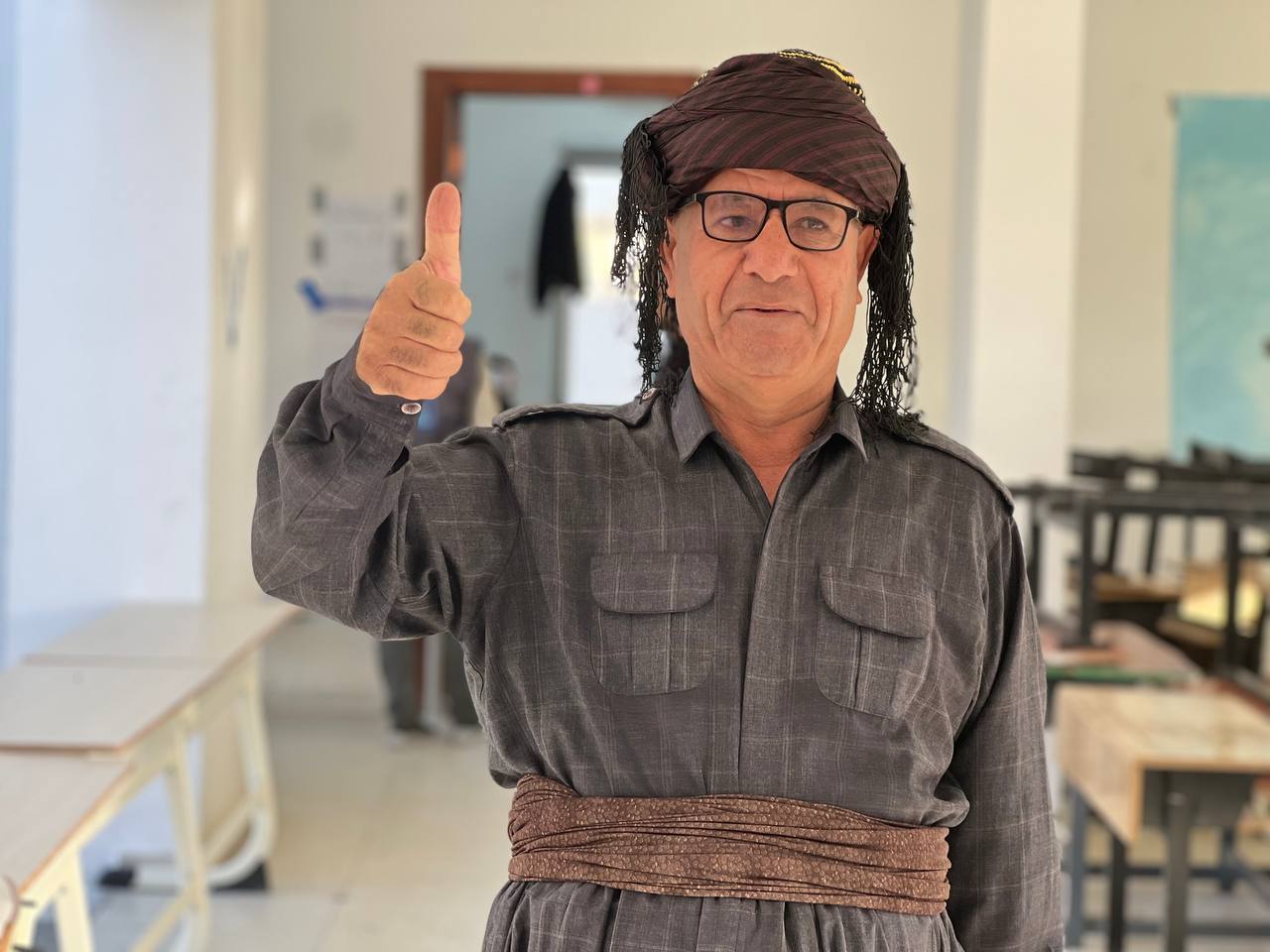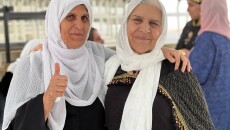A drop in the number of Kurdish parliamentary seats in Kirkuk has sparked a wave of mutual blame and media criticism between the Patriotic Union of Kurdistan (PUK) and the Kurdistan Democratic Party (KDP), each accusing the other of responsibility.
According to the final results released by Iraq’s Independent High Electoral Commission IHEC on Monday, November 17, the Kurdish parties secured only five of Kirkuk’s 13 parliamentary seats—marking the first time since the fall of the Ba'ath regime in 2003 that they have lost a seat in the province.
The outcome came as a major blow to the Kurdish parties. Meanwhile, Arabs in Kirkuk managed to win five seats, a first since 2005.
At a press conference, Aso Mamand, head of the PUK office in Kirkuk, claimed that “some KDP supporters in Kirkuk voted for the Christian quota candidate,” which, according to him, cost the Kurdish bloc a substantial number of votes. He argued that this shift contributed to the KDP winning only one seat and losing the second seat it had previously held.
Mamand further criticized the KDP, asserting that many voters were unable to reach Kirkuk due to difficulties at the Sherawa checkpoint, located in a KDP-controlled area. The PUK maintains that the KDP failed to assist Kirkukis living in Erbil to return home to vote on election day.
Altogether, the Kurds entered the November 11 elections with five separate lists and received a total of 253,044 votes. Of those, the PUK won 178,845 votes and the KDP secured 59,374. In comparison, Arab parties ran on seven electoral lists, collecting 235,155 votes, with three lists winning seats.
Responding to Mamand’s allegations, Shakhwan Abdullah—the KDP’s only winning candidate—accused him of “once again trying to mislead the people of Kirkuk.”
He challenged the PUK to examine the voter rolls to verify claims about KDP votes going to the Christian quota candidate, emphasizing that the KDP actually gained 10,000 more votes.
Abdullah acknowledged traffic at the checkpoints but insisted that most voters eventually arrived, with only a small number turning back. He also asked the PUK to release data on voters traveling through the Sulaimaniyah–Chamchamal route, arguing that “thousands of voters from that area never returned to Kirkuk,” suggesting other reasons beyond checkpoint congestion.
The debate over Kirkuk residents living in Erbil and Sulaimaniyah follows PUK election office data indicating that roughly 97,000 Kirkuk voters reside in those two provinces and were required to return to Kirkuk to cast their ballots.
Abdullah also criticized Mamand for allegedly funding institutions during the campaign to undermine the KDP and its candidates. He argued that if Mamand had devoted even half that effort to encouraging voter turnout among Kurds, “they would have flocked to Kirkuk.”
Despite the setback, Mamand insisted that Kurds still represent the largest voting group in Kirkuk, accounting for 41 percent of the electorate, compared with 38 percent Arabs and 16 percent Turkmen.
The sixth parliamentary elections nominated 329 representatives to Iraq’s Council of Representatives (Parliament). These elected members hold the authority to choose the council’s speaker, elect the president of the republic, and confirm the appointment of the prime minister. More than 20 million people across 18 electoral districts were eligible to vote.
According to unofficial statistics from the Independent High Electoral Commission (IHEC) in Iraq’s provinces, voter turnout in the disputed territories—including Kirkuk, Nineveh, Diyala, and Salahaddin—exceeded 50%, which is higher compared to the 2021 elections.
In Kirkuk Province, 958,141 citizens hold biometric voter cards and were eligible to vote while only 500,000 voters participated, according to unofficial figures.






